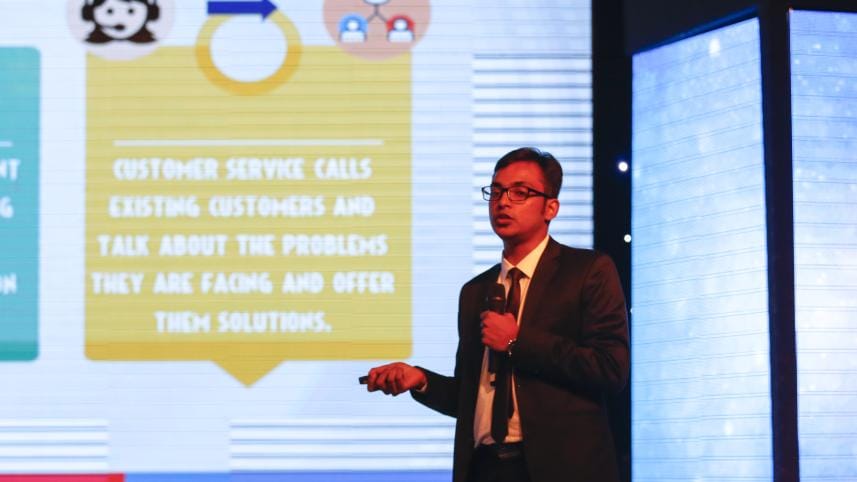The BBA Boom in Bangladesh

I
The HSC batch of 1991 is a special batch in Bangladesh. Some students from this batch enrolled in the first Bachelor of Business Administration (BBA) program in what was then the Department of Business Administration at Jahangirnagar University, in 1992.
The following year, IBA of the University of Dhaka joined the bandwagon. North South University was launched the same year. The BBA then, and still now, remains their flagship program.
With Bangladesh enjoying economic growth since the 1990s, the corporate sector started to rise. They needed business graduates. It was not possible for JU, DU and NSU alone to meet this increased demand. Other universities throughout Bangladesh started BBA programs.
Three decades later, in 2021, there is perhaps no university in Bangladesh that does not offer a BBA program.
II
As the BBA program proliferated, the degree started to become specialised. BBA in Finance, Marketing, Accounting and other disciplines came out. Further specialisation came with an additional minor or a dual major. These are time consuming, but candidates had to show that they were special in the face of competition.
In an open-credit program, increased enrolment can be addressed by offering multiple sections of the same course. When a university pursues this strategy, it raises challenges. Different sections have different teachers, carrying out different assessments.
When advising, students may not get the "best" teacher. Sometimes, some specialised courses cannot be offered in one semester. These require teachers with special training or experience. Thus, some students wait until it is offered. This can contribute to added time.
Scarcity is the essence of value in labour markets. Those who enrolled at JU, DU and NSU in the early 90s were scarce. A CGPA of say 3.9 out of 4.0 was a good signal to get a good placement in the job market. Today, there are more than 150 universities in Bangladesh, where the top-students may be achieving 3.9 in each of them.
What was glittering as gold before enrolment can easily evaporate into air sooner than one may think.
III
A young person chooses a subject influenced by their peers and elders. They are also influenced by a question: What type of job may I get once I finish? They see the job market now, but lose sight that they will enter it at least four years from today. The skills they learn today in classes may not be relevant by that time.
The rise of the BBA program in Bangladesh in the last three decades raises an important question for itself and all other undergraduate programs. Over time, they have tried to adapt. Experience may have been mixed, but they have tried. This is where other programs can learn.
Those who are clever and keep their eyes open, will adapt. Those who don't will move along with the status quo. A generation or two ago, this was not a problem. Not many people studied in universities. Bangladesh was not a country with the opportunities it has today. It was possible to develop skills after joining a career. Today that is no longer possible.
The challenge remains the same for all Bachelor's programs. It would be wrong to isolate BBA programs. What role are our universities playing in preparing their students for the next stage in life?
Asrar Chowdhury teaches Economics in classrooms. Outside, he watches Test cricket, plays the flute and listens to music and radio podcasts. Email: asrarul@juniv.edu or asrarul@gmail.com



 For all latest news, follow The Daily Star's Google News channel.
For all latest news, follow The Daily Star's Google News channel.
Comments